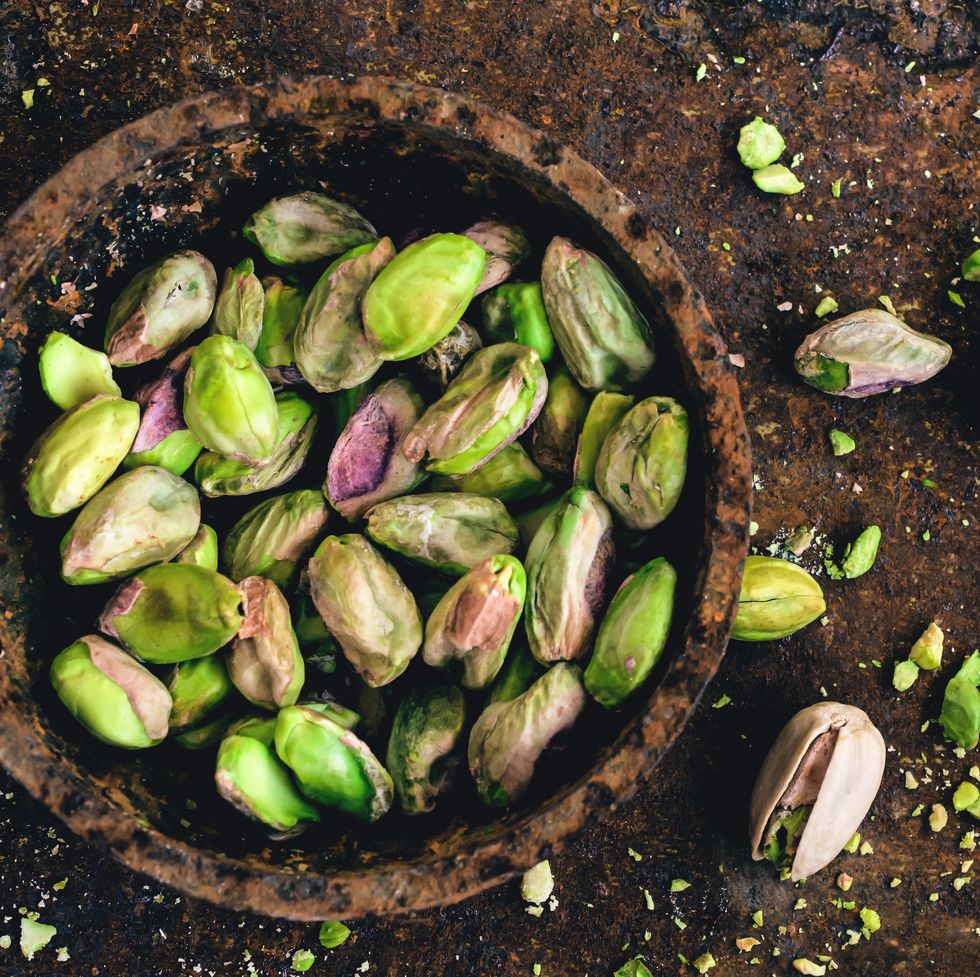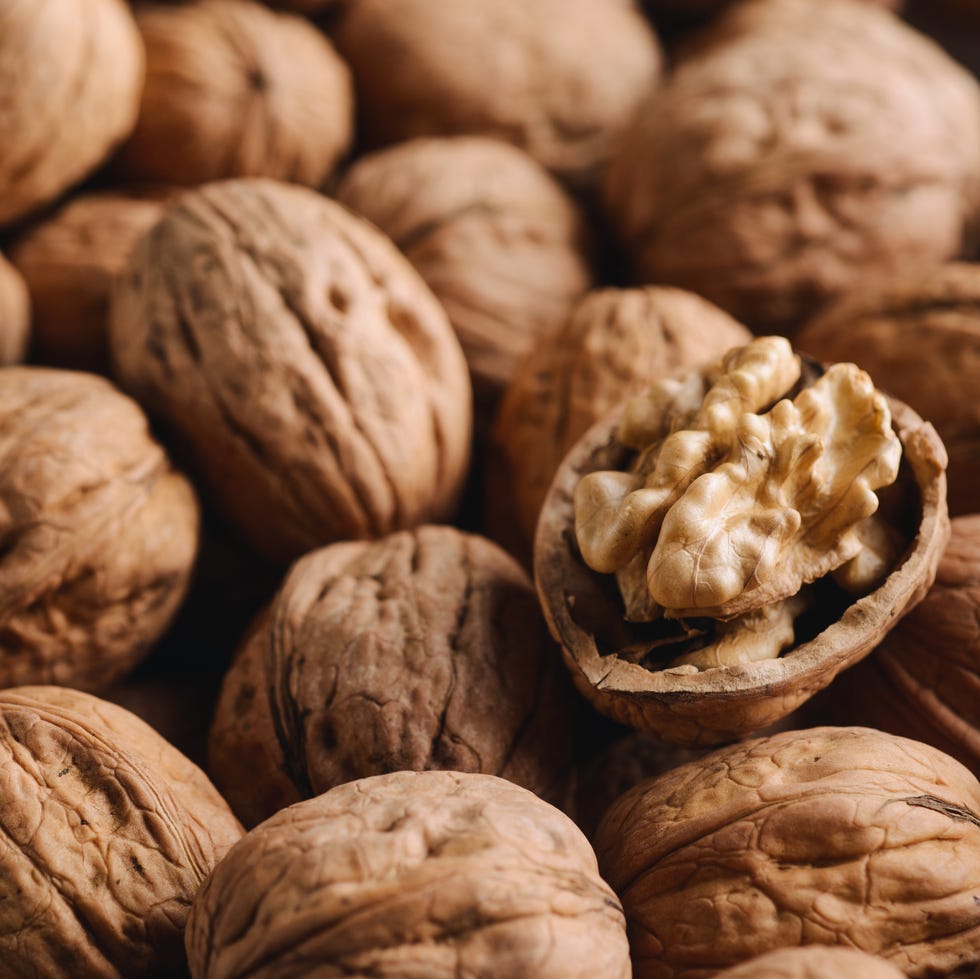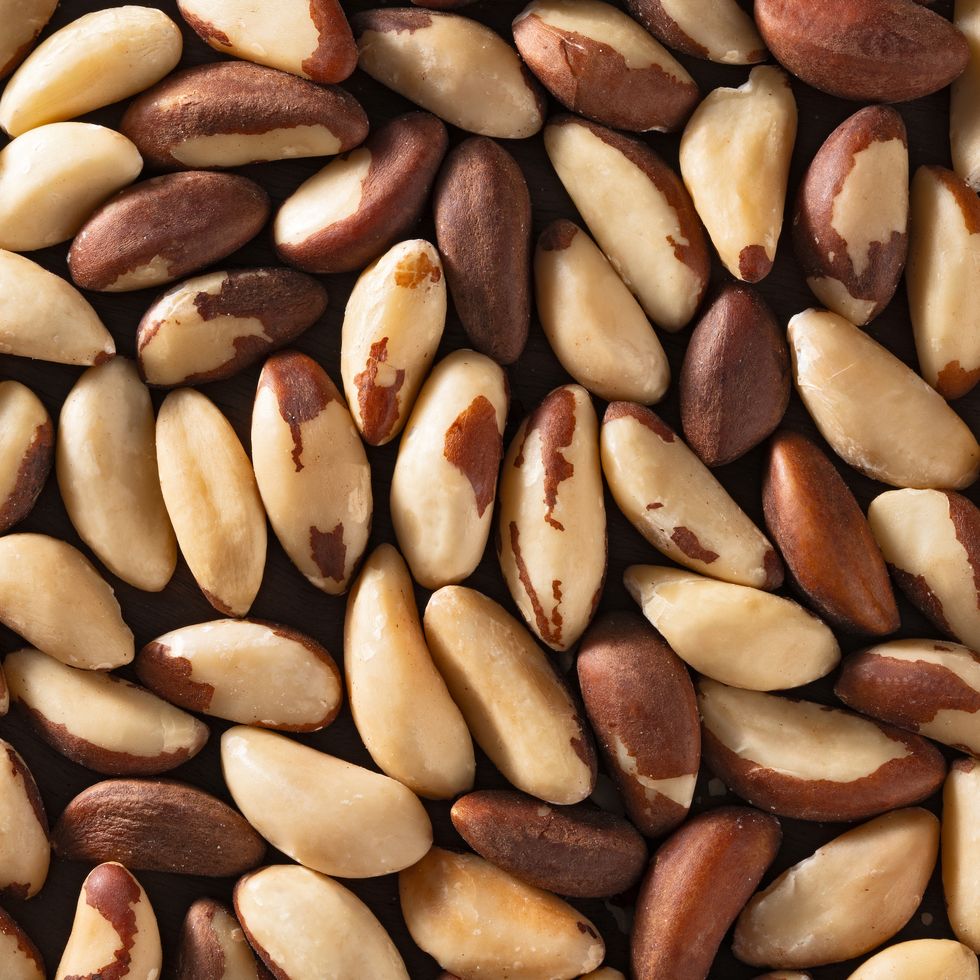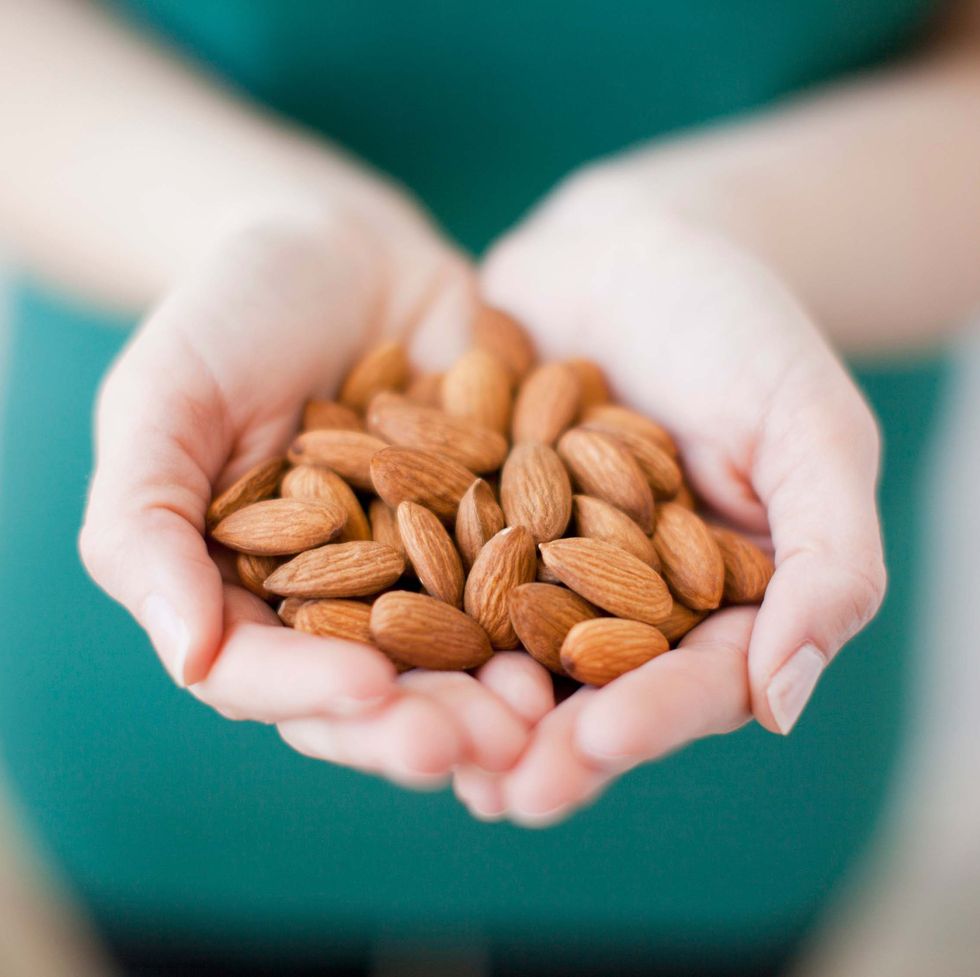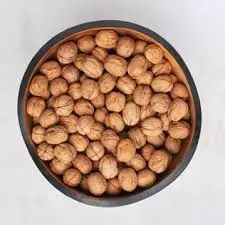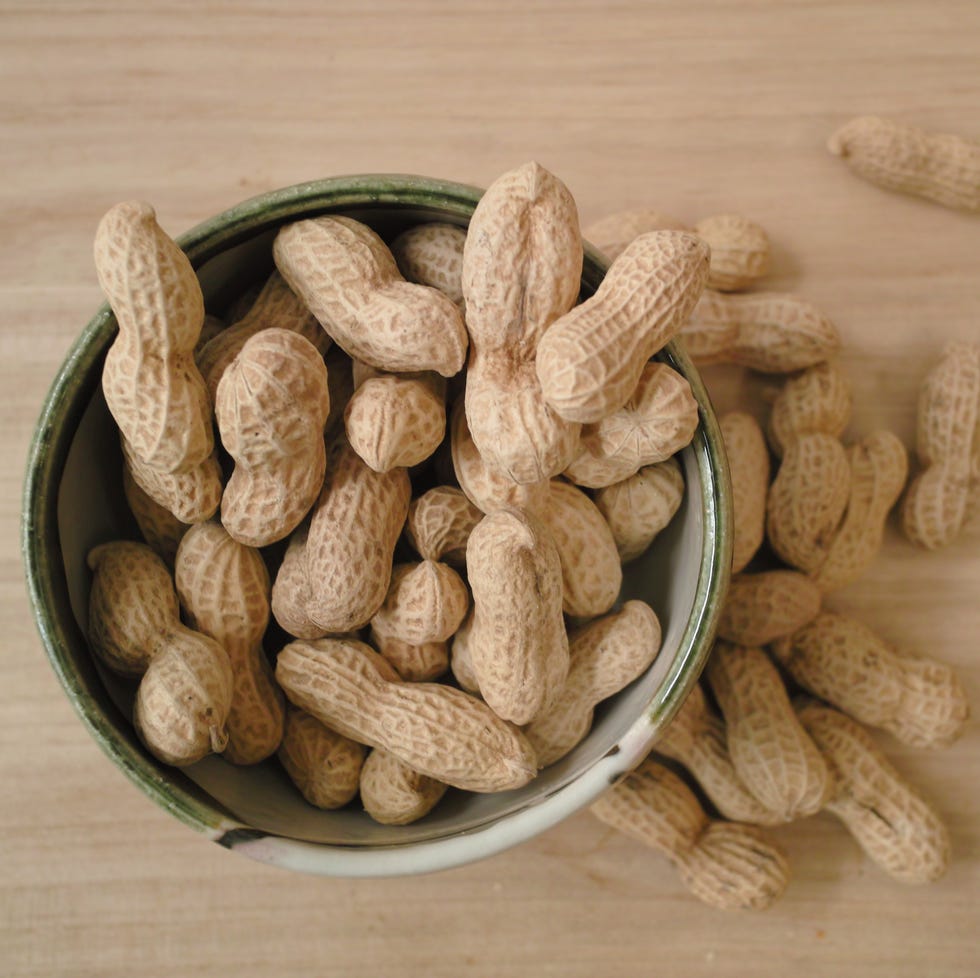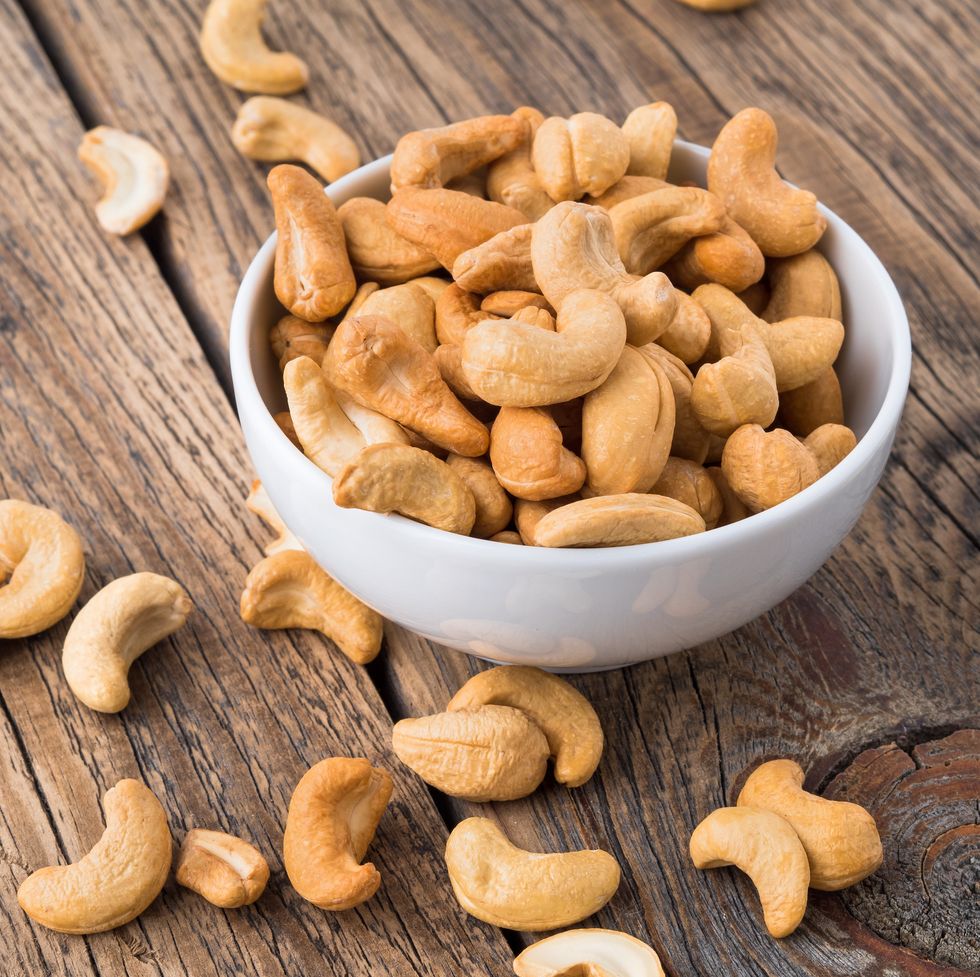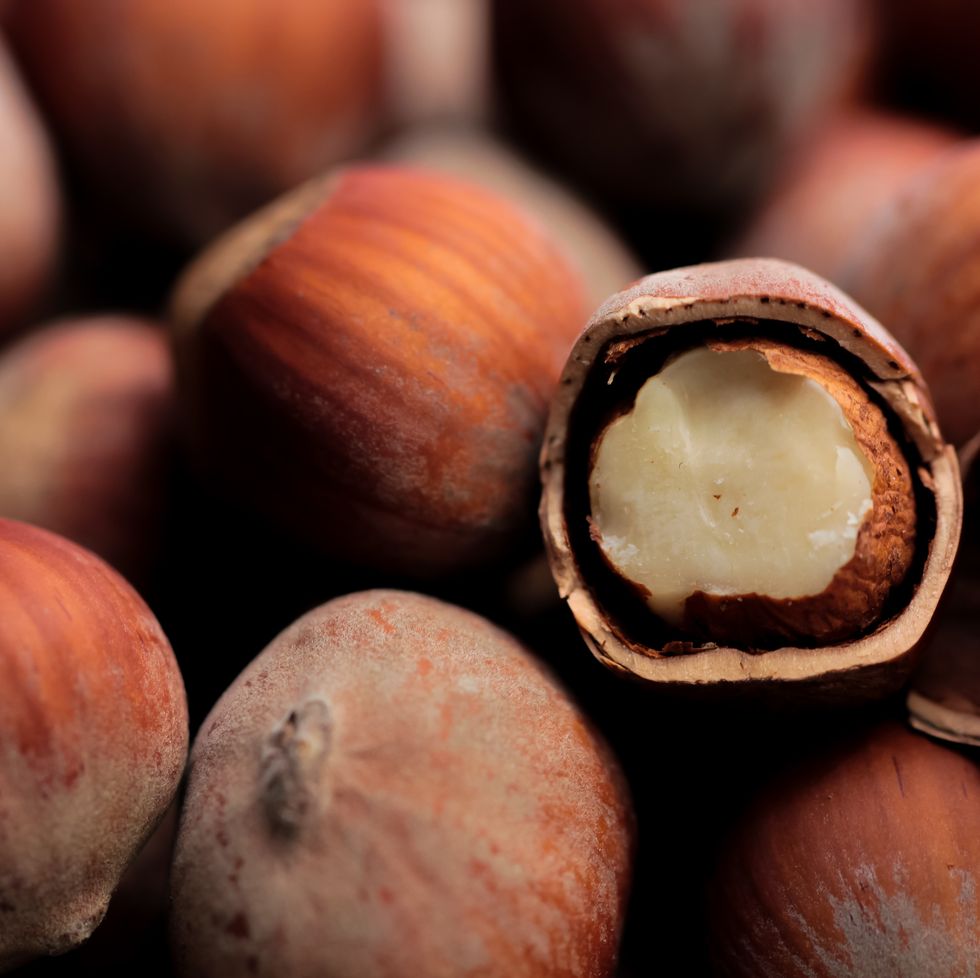-
 Afrikaans
Afrikaans -
 Albanian
Albanian -
 Amharic
Amharic -
 Arabic
Arabic -
 Armenian
Armenian -
 Azerbaijani
Azerbaijani -
 Basque
Basque -
 Belarusian
Belarusian -
 Bengali
Bengali -
 Bosnian
Bosnian -
 Bulgarian
Bulgarian -
 Catalan
Catalan -
 Cebuano
Cebuano -
 Corsican
Corsican -
 Croatian
Croatian -
 Czech
Czech -
 Danish
Danish -
 Dutch
Dutch -
 English
English -
 Esperanto
Esperanto -
 Estonian
Estonian -
 Finnish
Finnish -
 French
French -
 Frisian
Frisian -
 Galician
Galician -
 Georgian
Georgian -
 German
German -
 Greek
Greek -
 Gujarati
Gujarati -
 Haitian Creole
Haitian Creole -
 hausa
hausa -
 hawaiian
hawaiian -
 Hebrew
Hebrew -
 Hindi
Hindi -
 Miao
Miao -
 Hungarian
Hungarian -
 Icelandic
Icelandic -
 igbo
igbo -
 Indonesian
Indonesian -
 irish
irish -
 Italian
Italian -
 Japanese
Japanese -
 Javanese
Javanese -
 Kannada
Kannada -
 kazakh
kazakh -
 Khmer
Khmer -
 Rwandese
Rwandese -
 Korean
Korean -
 Kurdish
Kurdish -
 Kyrgyz
Kyrgyz -
 Lao
Lao -
 Latin
Latin -
 Latvian
Latvian -
 Lithuanian
Lithuanian -
 Luxembourgish
Luxembourgish -
 Macedonian
Macedonian -
 Malgashi
Malgashi -
 Malay
Malay -
 Malayalam
Malayalam -
 Maltese
Maltese -
 Maori
Maori -
 Marathi
Marathi -
 Mongolian
Mongolian -
 Myanmar
Myanmar -
 Nepali
Nepali -
 Norwegian
Norwegian -
 Norwegian
Norwegian -
 Occitan
Occitan -
 Pashto
Pashto -
 Persian
Persian -
 Polish
Polish -
 Portuguese
Portuguese -
 Punjabi
Punjabi -
 Romanian
Romanian -
 Russian
Russian -
 Samoan
Samoan -
 Scottish Gaelic
Scottish Gaelic -
 Serbian
Serbian -
 Sesotho
Sesotho -
 Shona
Shona -
 Sindhi
Sindhi -
 Sinhala
Sinhala -
 Slovak
Slovak -
 Slovenian
Slovenian -
 Somali
Somali -
 Spanish
Spanish -
 Sundanese
Sundanese -
 Swahili
Swahili -
 Swedish
Swedish -
 Tagalog
Tagalog -
 Tajik
Tajik -
 Tamil
Tamil -
 Tatar
Tatar -
 Telugu
Telugu -
 Thai
Thai -
 Turkish
Turkish -
 Turkmen
Turkmen -
 Ukrainian
Ukrainian -
 Urdu
Urdu -
 Uighur
Uighur -
 Uzbek
Uzbek -
 Vietnamese
Vietnamese -
 Welsh
Welsh -
 Bantu
Bantu -
 Yiddish
Yiddish -
 Yoruba
Yoruba -
 Zulu
Zulu
Օգս . 02, 2024 11:08 Back to list
The Top 7 Healthiest Nuts, According to Experts
The Top 7 Healthiest Nuts, According to Experts
Pistachios, almonds, walnuts, and more offer some impressive health benefits.
The healthiest nuts are packed with a variety of nutrients like unsaturated fat, protein, fiber, and more. “There are many health benefits to nut consumption, including weight management, reducing your risk of heart disease, lowering blood pressure, supporting the immune system, and improving cognition,” says Nichole Dandrea-Russert, M.S., R.D.N., author of The Vegan Athlete’s Nutrition Handbook. “I am most excited to see research about the potential benefits of regular nut intake on microbiome health, or gut health,” adds sports dietitian .What’s more, nuts are one of the best foods for inflammation. They are also low carb and contain protein, making them a helpful snack for type-2 diabetics.
But are all nuts created equal? “All nuts are healthy with their balance of unsaturated fat, protein, and fiber, as well as their abundance of vitamins, minerals, and phytochemicals,” says Dandrea-Russert. “However, depending on your personal desire for certain nutrients or health benefits, some may rank higher than others.” For example, pistachios may be beneficial for plant-based eaters because they contain all nine essential amino acids, classifying them as a complete protein and relatively high-protein snack. Almonds are a particularly good source of vitamin E, which is important for vision, brain, and skin health, while just one or two Brazil nuts can provide your entire daily recommendation for selenium.
Below, you’ll find the nuts that stand out from a nutrition perspective and more information on their specific health benefits. These are our top picks for your next trail mix, baked good, or whenever you’re craving a healthy handful.
-
Buy Bulk Sunflower Seeds Exporter - Premium Quality Supply
NewsAug.12,2025
-
Nutrient-Rich Almonds: Your Healthy Snack & Baking Choice
NewsAug.11,2025
-
Premium Bulk Sunflower Seeds Exporter - Global Supply & Value
NewsAug.10,2025
-
Crispy Prawn Crackers: Authentic & Flavorful Asian Snack
NewsAug.09,2025
-
Premium Roasted Melon Seeds: Healthy Snacking & Baking
NewsAug.07,2025
-
Savory Herbal Walnuts | Nutrient-Rich Brain Food
NewsAug.06,2025

